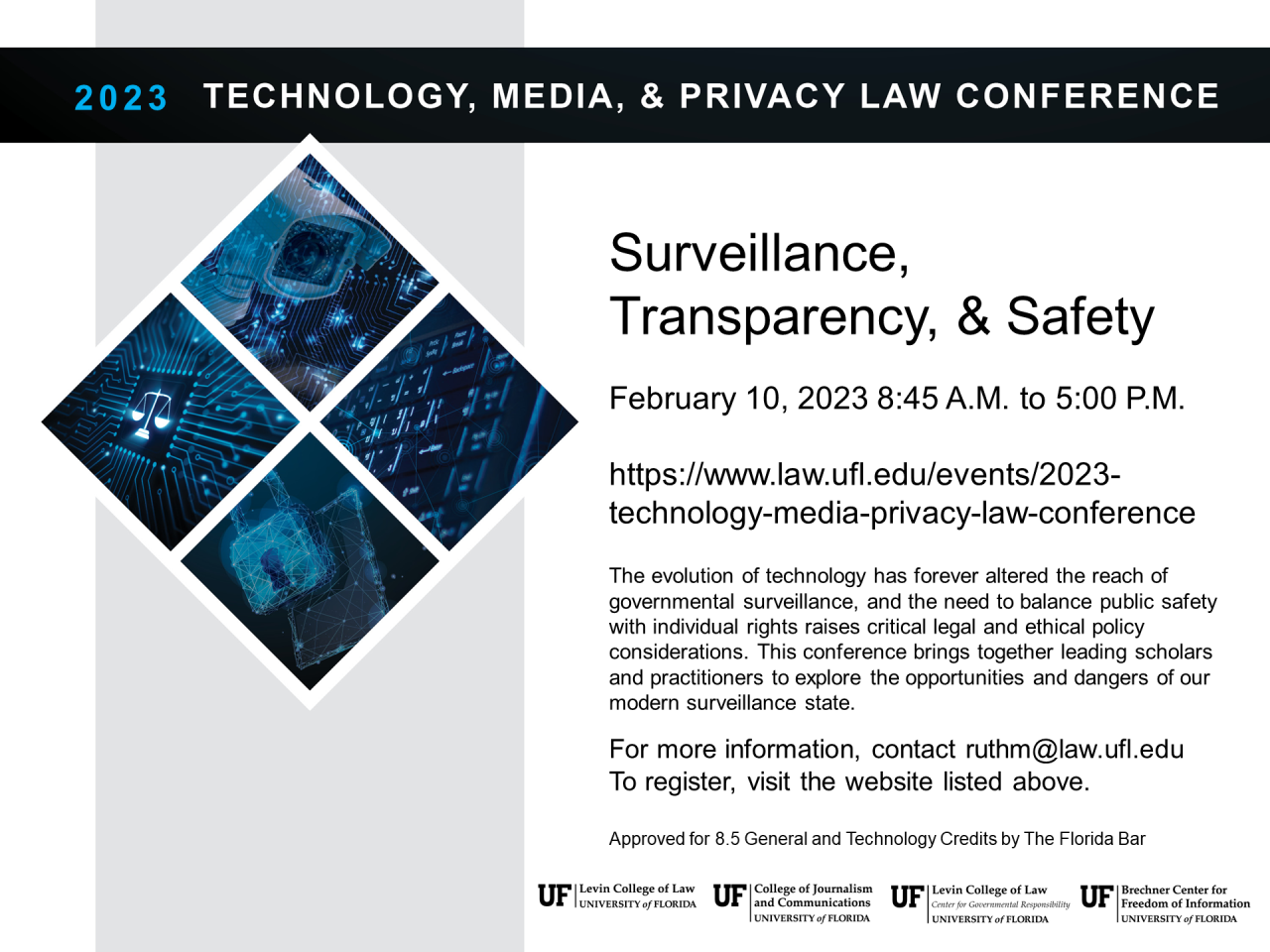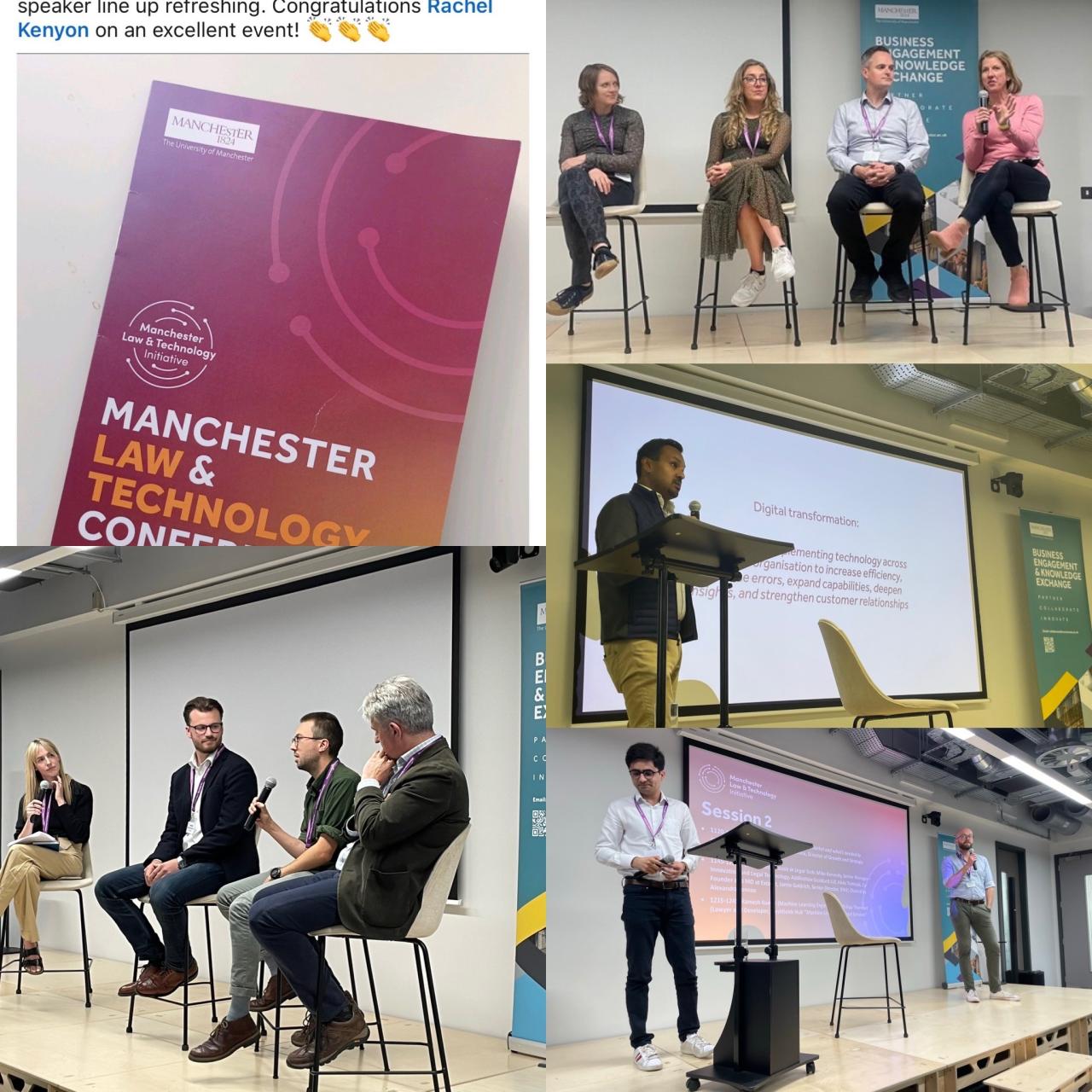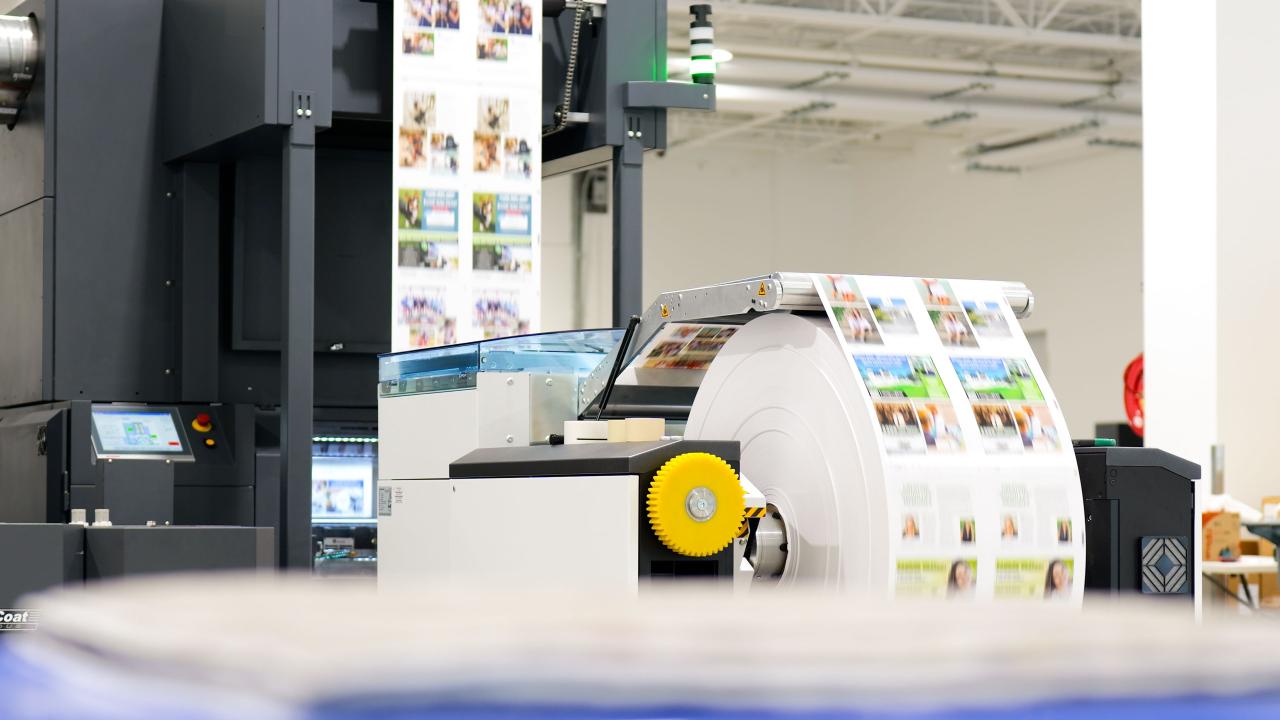Technology Law Conference: Navigating the Digital Frontier
The Technology Law Conference is a crucial platform for legal professionals, tech leaders, and policymakers to navigate the ever-evolving landscape of technology law. It offers a unique opportunity to delve […]

The Technology Law Conference is a crucial platform for legal professionals, tech leaders, and policymakers to navigate the ever-evolving landscape of technology law. It offers a unique opportunity to delve into the complex intersection of law, technology, and society, exploring the challenges and opportunities presented by the rapid advancements in the digital age.
From the rise of artificial intelligence and blockchain to the intricacies of data privacy and cybersecurity, the conference covers a wide range of topics that are shaping the future of our digital world. Attendees can gain valuable insights from renowned experts, engage in thought-provoking discussions, and network with peers who share their passion for shaping the legal framework for technology.
The Role of Technology in Legal Practice
The legal profession is undergoing a rapid transformation, driven by the increasing adoption of technology. From legal research to litigation, technology is revolutionizing the way lawyers work and interact with clients. This section will explore the impact of artificial intelligence (AI) and machine learning (ML) on legal practice, examine how technology can play a pivotal role in resolving complex legal disputes, and highlight innovative legal technologies that are transforming the profession and improving access to justice.
The Impact of AI and ML on Legal Practice
AI and ML are increasingly being used in legal practice to automate tasks, enhance efficiency, and improve accuracy. These technologies are transforming legal research, discovery, and litigation in significant ways.
- Legal Research: AI-powered legal research tools can analyze vast amounts of legal data, including case law, statutes, and regulations, to identify relevant precedents and predict potential outcomes. This enables lawyers to conduct research more efficiently and effectively, saving time and resources. For example, legal research platforms like ROSS Intelligence and Lex Machina use AI to analyze case law and provide insights that can help lawyers develop legal strategies.
- Discovery: AI and ML are being used to automate the process of e-discovery, which involves identifying and analyzing electronically stored information (ESI) relevant to a legal case. This technology can help lawyers quickly and accurately review large volumes of data, reducing the time and cost associated with traditional discovery methods. For example, tools like Relativity and Logikcull use AI to identify relevant documents, analyze data patterns, and streamline the discovery process.
- Litigation: AI and ML are being used to analyze legal data, predict case outcomes, and develop litigation strategies. This can help lawyers make more informed decisions about settlement negotiations, trial preparation, and legal arguments. For example, AI-powered litigation tools like CaseText and Ravel Law can analyze legal data to identify patterns and trends that can inform litigation strategies.
Technology in Resolving Complex Legal Disputes, Technology law conference
Technology can play a crucial role in resolving complex legal disputes by providing tools for collaboration, communication, and data analysis. Consider a hypothetical scenario involving a multinational corporation facing a complex environmental lawsuit.
In this scenario, lawyers from different jurisdictions need to collaborate effectively to gather evidence, analyze data, and develop legal arguments. Technology can facilitate this collaboration by providing secure platforms for sharing documents, conducting virtual meetings, and using AI-powered tools for data analysis.
For example, the lawyers could use a cloud-based document management system to share evidence and legal briefs securely. They could also use video conferencing software to conduct virtual meetings and brainstorm strategies. AI-powered tools could be used to analyze environmental data, identify potential risks, and develop mitigation strategies.
Innovative Legal Technologies Transforming the Profession
Numerous innovative legal technologies are transforming the legal profession and improving access to justice. These technologies are making legal services more accessible, affordable, and efficient.
- Online Dispute Resolution (ODR): ODR platforms provide an alternative to traditional court proceedings, offering a faster, more affordable, and accessible way to resolve disputes. These platforms use technology to facilitate communication, negotiation, and mediation between parties. For example, platforms like Modria and Online Courts offer a range of dispute resolution services, including mediation, arbitration, and online court proceedings.
- Legal Tech Startups: Numerous legal tech startups are developing innovative solutions to address specific challenges in the legal profession. These startups are using technology to automate tasks, improve efficiency, and provide legal services more effectively. For example, startups like Clio and LegalZoom offer cloud-based practice management software and legal document preparation services, respectively.
- Blockchain Technology: Blockchain technology is being explored for its potential to enhance legal processes, such as contract management, intellectual property protection, and dispute resolution. Blockchain can provide a secure and transparent way to record and track legal transactions, reducing the risk of fraud and disputes. For example, platforms like LegalChain and OpenLaw are using blockchain technology to create secure and transparent legal systems.
Conference Highlights

This section will delve into the key aspects of the conference, including the prominent keynote speakers, the comprehensive program, and the insightful takeaways.
Keynote Speakers
The conference boasts a distinguished lineup of keynote speakers, each an expert in their respective fields, bringing diverse perspectives and valuable insights to the discussion.
| Speaker | Expertise | Key Themes |
|---|---|---|
| [Speaker 1 Name] | [Speaker 1 Expertise] | [Speaker 1 Theme 1], [Speaker 1 Theme 2] |
| [Speaker 2 Name] | [Speaker 2 Expertise] | [Speaker 2 Theme 1], [Speaker 2 Theme 2] |
| [Speaker 3 Name] | [Speaker 3 Expertise] | [Speaker 3 Theme 1], [Speaker 3 Theme 2] |
Conference Program
The conference program is meticulously crafted to cover a wide range of topics, offering a comprehensive exploration of the evolving landscape of technology law.
| Topic | Speaker | Expertise |
|---|---|---|
| [Topic 1] | [Speaker 1 Name] | [Speaker 1 Expertise] |
| [Topic 2] | [Speaker 2 Name] | [Speaker 2 Expertise] |
| [Topic 3] | [Speaker 3 Name] | [Speaker 3 Expertise] |
| [Topic 4] | [Speaker 4 Name] | [Speaker 4 Expertise] |
| [Topic 5] | [Speaker 5 Name] | [Speaker 5 Expertise] |
Conference Takeaways
The conference provided valuable insights, highlighting key trends and offering predictions for the future of technology law.
| Takeaway | Description |
|---|---|
| [Takeaway 1] | [Description of Takeaway 1] |
| [Takeaway 2] | [Description of Takeaway 2] |
| [Takeaway 3] | [Description of Takeaway 3] |
Final Wrap-Up: Technology Law Conference

The Technology Law Conference leaves a lasting impact by providing a comprehensive understanding of the legal landscape surrounding technology. It equips attendees with the knowledge and tools to navigate the complexities of the digital world, ensuring they are well-prepared to address the challenges and opportunities presented by the ever-evolving technological landscape. The conference is a testament to the vital role that law plays in shaping the future of technology and ensuring a responsible and ethical digital environment.
Technology law conferences are a great place to network with professionals and stay up-to-date on the latest legal developments in the tech industry. One area of technology that is rapidly evolving and has significant legal implications is firearms technology, with the development of new technologies like smart guns and 3D-printed firearms.
If you’re interested in learning more about this field, consider pursuing an associate of science in firearms technology degree , which can provide you with the knowledge and skills necessary to work in this exciting and challenging industry. Technology law conferences often feature sessions on emerging technologies and their legal implications, so you can stay informed about these advancements and their potential impact on society.




